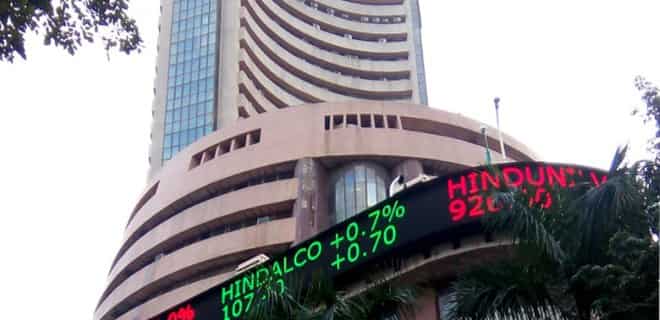A major player in the Indian financial market for over a century, Mumbai Stock Exchange, or BSE, has been a fundamental player in the Indian financial market ever since it was founded in 1875. The Mumbai Stock Exchange, also known as BSE, is one of Asia’s oldest and most prominent stock exchanges. As a result of this exchange, companies can raise capital, and individuals and institutions can invest in the Indian economy on various platforms.
As part of this article, we will discuss the history, functions, and importance of the bse index today, as well as its prospects and challenges, as well as its prospects. It will provide a comprehensive overview of the Indian economy, whether you are an investor, a market professional, or just a person interested in learning about the Indian economy.
Functioning of Bombay Stock Exchange
As one of the largest and oldest stock exchanges in Asia, the Bombay Stock Exchange (BSE) plays a crucial role in the Indian financial market and is one of the largest in the world. In addition to providing individuals and institutions with an opportunity to invest in the Indian economy, the exchange also provides the opportunity to buy and sell shares of listed companies.
For the BSE to function smoothly, several elements are important, including the requirements for listing, the trading procedure, and the processes for clearing and settling.
To list on the BSE, a company must satisfy certain requirements such as financial stability, a minimum net worth, and a good track record of complying with regulatory requirements. These criteria include financial stability, a minimum net worth, and compliance with regulatory requirements. Companies that meet these requirements can apply for listing on the BSE, and their shares can be traded on the exchange once approved.
Trading Procedures: The BSE uses a highly automated trading system, which enables traders to execute trades quickly and efficiently by buying and selling shares on behalf of their clients on the trading floor. Traders use computer terminals to place orders that are then matched by the BSE’s trading system and executed in real-time. The BSE is open from 9:15 in the morning to 3:30 in the afternoon, Monday through Friday, Indian Standard Time. Trading procedures are described in more detail below.
Once a trade is executed, it goes through a clearing and settlement process. The Central Depository Services Limited (CDSL) acts as a neutral third party to ensure that all trades are settled correctly on the BSE. This clearing corporation acts as a clearing corporation and ensures that all trades are settled promptly. The CDSL holds securities in a depository account and transfers ownership of the securities from the buyer to the seller. As soon as the trade has been executed and the settlement process has begun, it will be completed within two days.
Conclusion
As a result, the BSE is extremely important to the Indian financial market and plays a critical role in providing individuals and institutions with various investment options. As a result of the BSE’s highly automated trading system and the efficient clearing and settlement process, the exchange can operate efficiently and smoothly, which contributes significantly to the growth of the Indian economy. One way to keep track of the top gainer’s shares on the BSE today is through financial websites or apps like 5paisa. This app provides real-time updates on top gainers shares today, news, and market trends, making it an essential tool for investors and traders. With 5paisa, individuals and institutions can stay up-to-date on the latest developments in the Indian financial market and make informed investment decisions.
